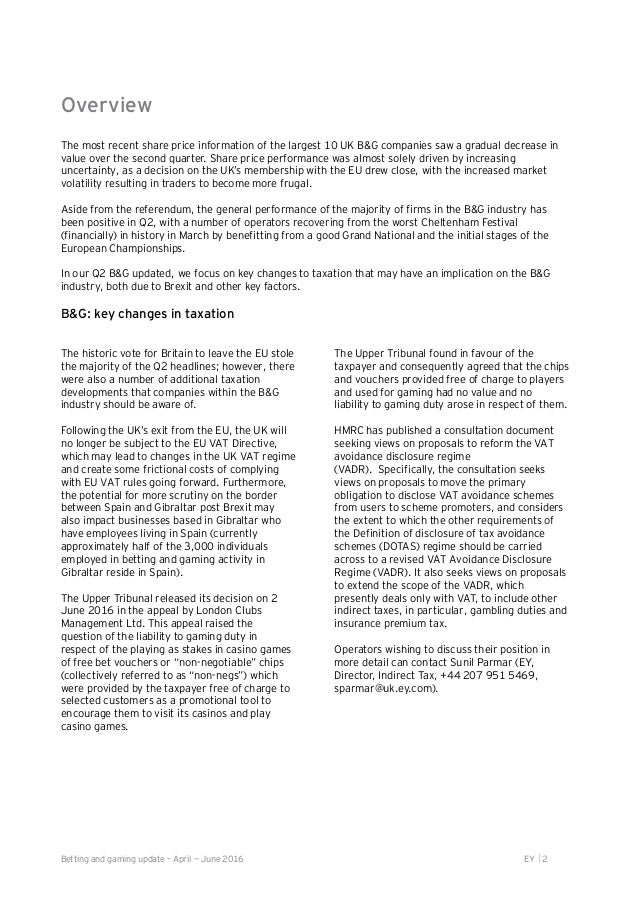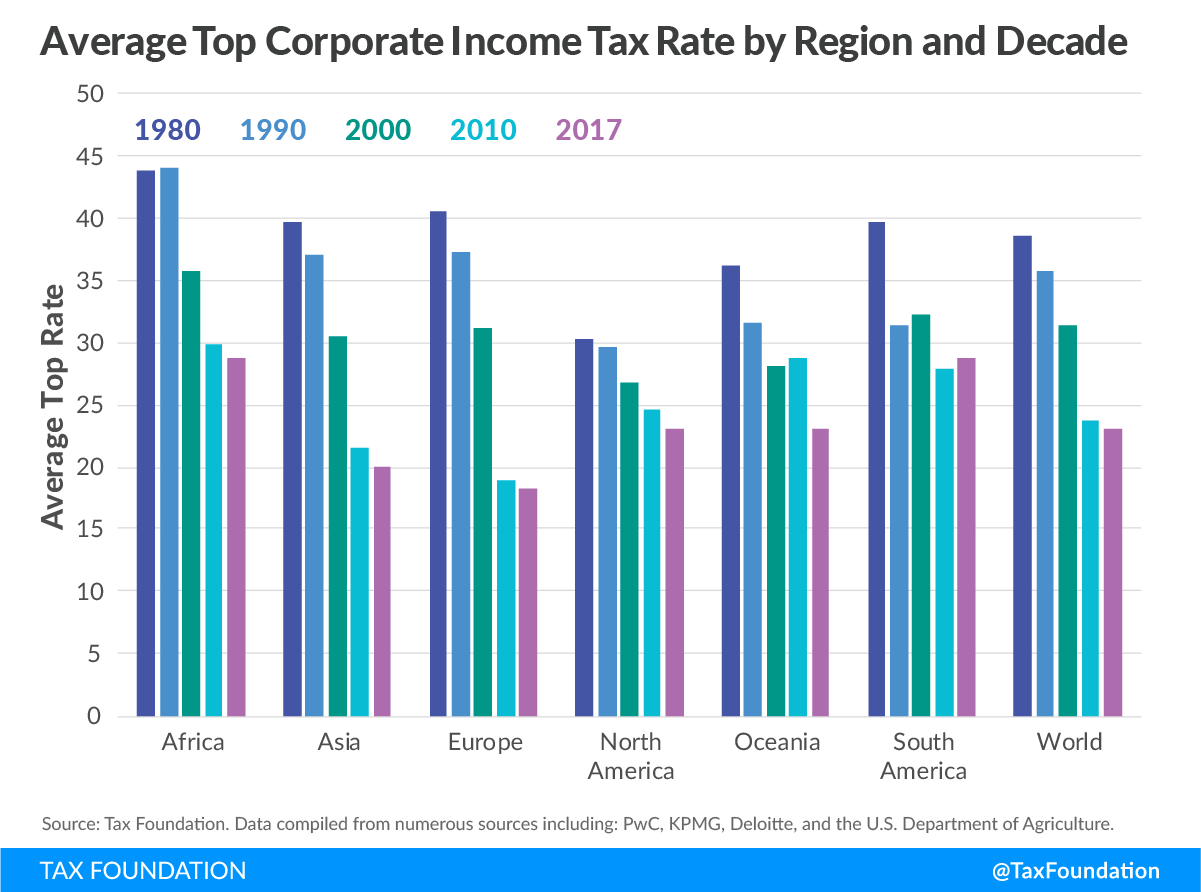Uk Gambling Tax Increase
- Increase Gambling Tax In Uk
- Uk Gambling Tax Increase Limit
- Uk Gambling Tax Increase Income
- Uk Gambling Tax Increase 2020
- Uk Gambling Tax Increase 2019
The UK adjusted the tax terms with the Gambling Act of 2005 but retained the 15% rate until 2019, when it increased the rate to 21%. For clarity, the tax amount also varies on the profits made. 2019 to See Point-of-Consumption Tax Increase. Currently, gambling operators in the UK are required to pay a 15% point-of-consumption tax, which was originally introduced in 2014 as a way to tax British players using foreign online casinos. In the UK, new regulations have been introduced by the UK Gambling Commission in 2014. In addition, a point of consumption tax (POC) called the remote gaming duty (RGD) of 15% has been introduced by HMRC from 1 December 2014 and is payable on all bets made by UK customers irrespective of where the online operator is located. RGD applies to gaming over the internet, telephone, by television, radio or other electronic communications. General description of the measure The rate of RGD will be increased to 21%. Gambling taxes - Remote Gaming Duty increase. To help us improve GOV.UK, we’d like to know more about your visit today. We’ll send you a link to a feedback form.


James Scicluna, Co-Managing Partner WH Partners, gave the keynote introductory speech at the regulation conference at SiGMA Europe Virtual Expo 2020. Here is the transcript of the speech.
2020 is the year of COVID-19, of working from home, of lockdowns and no conference travel, but maybe more importantly for the online gaming industry it is– amongst others:
- the year in which virtuals and esports helped partially plug the gap left by the absence of football leagues and tennis tournaments;
- the year in which despite everything else, things didn't go as badly as some feared;
- the year of sports betting licences in Germany and newly introduced restrictions on online casino;
- the year in which Denmark announced that online gambling tax will increase next year from the current 20 percent to 28 percent;
- the year of worry about possible Moneyval greylisting for Malta and its long term standing as a place of supply jurisdiction;
- but also the year in which Malta made news for imposing a €2.34m fine for illegal gambling and intensified rigorous FIAU & MGA AML audits on licensed operators;
- it is the year Stars merged with Flutter, DraftKings listed on NASDAQ after merging with SBTech, and Caesar's announced its intention to buy William Hill;
- the year in which the most significant reforms to gambling regulation in the UK since the 2005 Gambling Act were proposed;
- the year in which online gambling in the Ukraine was legalised;
- and – the year of licensing in Greece replacing the old “interim licence system”.
Overall, there is a sense across the online gaming industry in Europe that this is the year where the drive originated by governments and regulators for tighter regulation, stricter enforcement and more selective licensing has reached an irreversible momentum.

We now have stricter regulation and stricter enforcement of AML and responsible gambling rules. In the latter case, across several jurisdictions (although not a stated policy objective to my knowledge) it seems that the regulation of gambling is heading towards being a “public health” issue – or at least with public health as a foremost consideration (How else explain the very significant restrictions on advertising and on deposit or stake limits in some jurisdictions).
As you will all know this is against a backdrop – drawn in late 2017 – where the European Commission no longer considers that treating complaints in the area of gambling is a priority: so any hopes of at least partial harmonisation have long gone with the wind.

The Gambling Commission in the UK is considered by many to have - so to say - “overzealously led the charge” on enforcement and restrictions in recent years, perhaps jointly the Swedish Gambling Authority, an advertising ban in Italy, and Germany now starting a chapter in the regulation of gambling which has long been in the making; While Holland is preparing (though not without delays) for rolling out regulation in late 2021.
There is a sense this side of the Atlantic that whilst additional restrictions are being imposed on the gambling industry in Europe indicative of a policy which considers it to be a threat to public health, rather than an entertainment industry with specificities which require regulation, the contrary is happening simultaneously in the US.
I dare suggest that there is an important point of economic policy to be considered here: having led the way in the development of the modern online gambling industry and having given birth to most of the major players – do European states want to see their homegrown businesses being relegated to playing second fiddle to US business? I think that it would be a shame not to make this consideration.
In the meantime, we are often asked about so-called new markets, about Ukraine, India, LATAM, Africa. Each comes with several layers of complexity – in legal process, operations, compliance, and payments. The bottom line is that the industry is a young adult now. Quick wins are few and far between, even outside Europe and the US.
The overall regulatory ecosystem is now such that it will inevitably lead to speeding up the process of natural selection amongst operators. The strongest, best informed and most agile will make it. It remains to see whether the stealthiest will too.
Increase Gambling Tax In Uk
The content of this article is intended to provide a general guide to the subject matter. Specialist advice should be sought about your specific circumstances.
Uk Gambling Tax Increase Limit
Uk Gambling Tax Increase Income

Uk Gambling Tax Increase 2020
Uk Gambling Tax Increase 2019
ELIG Gürkaynak Attorneys-at-Law